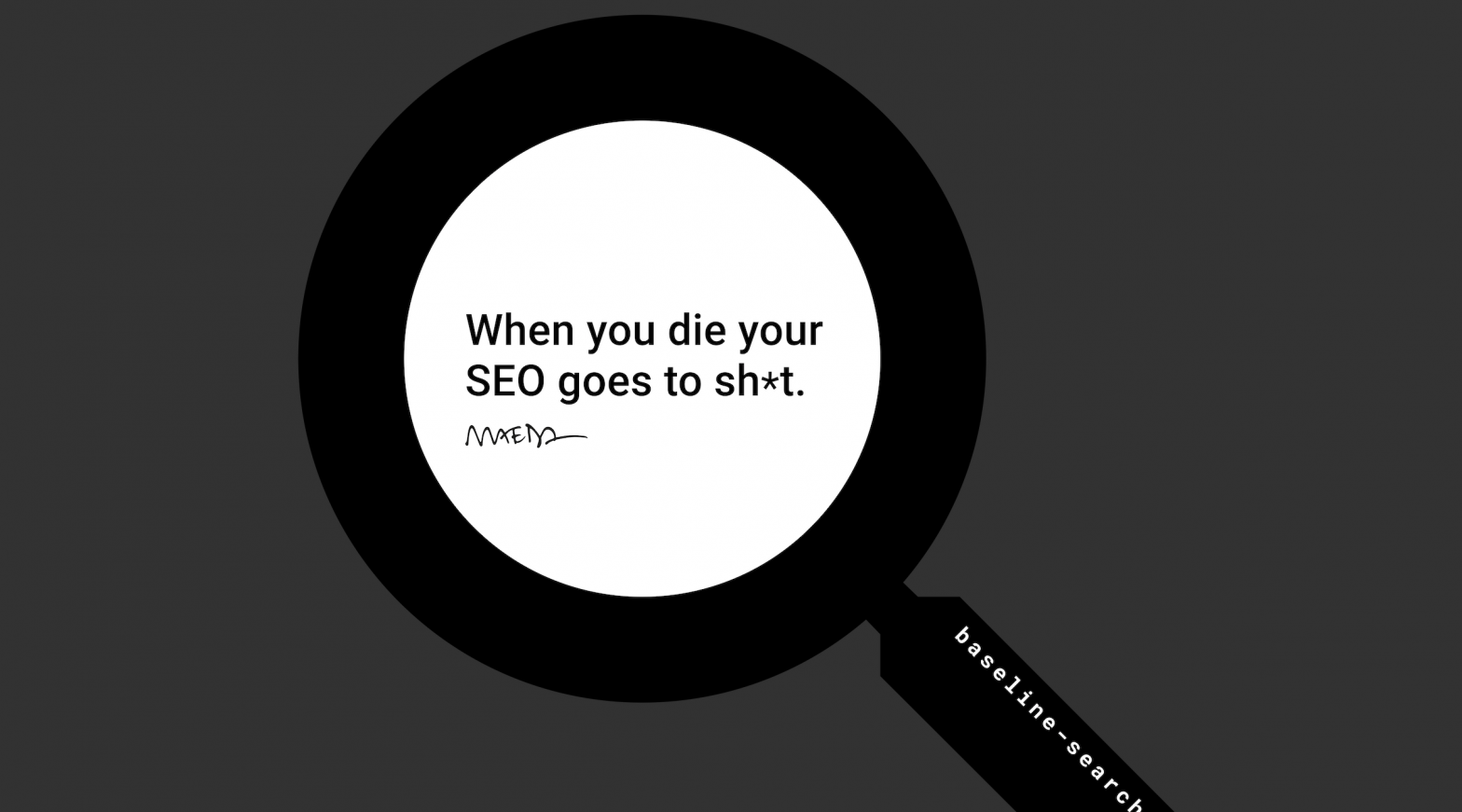I had a quick convo with my colleague Alexis Lloyd around the recent online debates regarding my quick interview with Fast Company the other week. It was about the new Design in Tech Report that came out at SXSW. When I read the clickbait-y headline I almost fell out of my chair ?. But I immediately recognized and understood that Fast Company is a business — and their job is to generate interest in a topic to improve their business position.
Context: Most interviews that get written about you don’t have sign off from the interviewee (me) so you never what or how an article is going to come out. In the early 2000s I was misquoted by Wired and it felt a bit icky — so that’s why I started a blog in 2004 on WordPress. Because my blog let me speak in my own words, versus the interpretations by someone else.
Anyways, Alexis was keeping up with what’s being said out there online and was a little curious about my position around the controversy. I thought that Alexis framed it best when she said to me:
“The way I’ve reframed your message in my head is that everyone should be a supporting actor in service of the user/customer, who is the star. If any of us get too attached to our disciplines over the service they do, we’re lost.
So it’s not about design, but also not about engineering, or even product (though that comes the closest to a holistic view of user + business).”
Alexis Lloyd
That’s beautifully put! And if only I could be as clear as Alexis … but I don’t ever have to be so clear because thankfully she’s out there for all of us to listen to — via her provocative Six Signals project.
And I definitely can’t at all take any credit for her new interpretation (thus this blog post exists in the event that I try to do so) — so before I step forward to clarify what I am known as saying, let me give you more context for how I work and think.
My process
I’m always thinking out loud to try and find the “more perfect” and “better” means of finding the “next step” in a thought. I’ve learned over time that all thinking-out-loud can evolve, especially one’s own, if you let it. Because I’ve been wrong more than a few times in the past, I’m more than happy to welcome and let in any improved ideas as early as possible to correct the errors that I have made. I profoundly believe in the “always be iterating” attitude of modern digital products and services today — and that can go for human beings too.
I love feedback — all kinds, and especially the negative ones. It never makes me feel great, of course. But I like the opportunity to try and improve.
What I’ve read thus far as negative criticism varies from “We’ve been fighting to be equals and you’ve relegated us to a lesser role: how could you?” to “You don’t know anything about what you’re talking about so please stop!” On the former point — that’s not my intention; and on the latter point, I’ve found that time is the best test for whether something that I do/did is/was generally right or wrong … so judgement on that front will have to wait.
What I “said”
So back to what I would have said if I wrote the interview published about me:
Teamwork has long been more important than anything else to me. “Engineering-led,” or “Product-led,” or “Marketing-led,” or “Design-led” all imply to some degree the importance of a discipline’s performance over and above the performance of the entire team. I believe that when we place a focus on the customer’s needs and when we work as a team to satisfy their hopes and dreams, then everyone wins together.
?What I would have wanted to be quoted as saying instead …
As for criticism around the supporting actor/actress paradigm, I can imagine there’s a better way to frame that one. But it’s 70% good enough and I’ll use it until I find one that fits better. It unfortunately implies to some people that design is taking a back seat to other folks on a team that’s in competition with each other as individuals or individual disciplines. I can totally see how that interpretation is possible, but it’s not at all what I mean.
Thanks for visiting! —JM

A couple things I’d add to reinforce these points:
1) Design at the expense of engineering not only leads to rushed, buggy code, it leads to design bugs, which are much harder to correct. To borrow from architectural design, the designer needs to be aware, to some extent, of how the building bears its own load so that additions can be made efficiently in the future. Bugs by design create dead ends and insurmountable tech debt, a kiss of death for a budding company.
2) We all build the experience together—or at least we design FOR an ideal experience together. I made a tablet UI for a hospital emergency department without considering the spotty Wifi signal. It was completely unusable on a tablet, especially since literally everything was rendered on the server, something I didn’t understand the implications of at the time. It still saved gobs if time when used on the desktop, but it wasn’t serving its true purpose. There are many more factors than the user and the context that we need to design for. Bringing everyone together early is best, to reinforce your point.
In the last line do you mean that interpretation is possible or as written “impossible”?
Thanks for the correction, Tricia. Yes, your interpretation is correct.